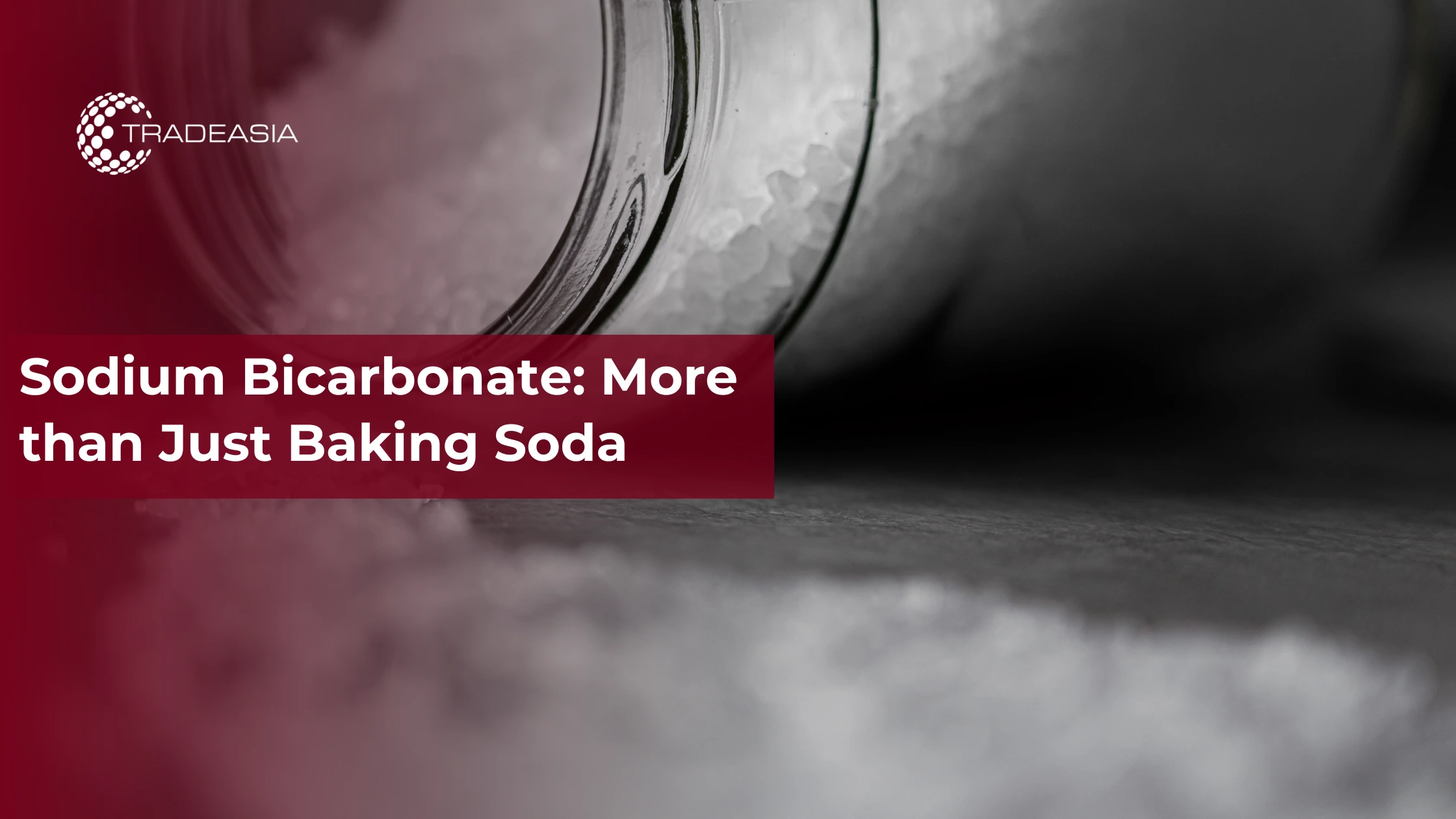Sodium bicarbonate, often known as baking soda, is one of the most familiar ingredients in kitchens worldwide. Yet, beneath its everyday image lies a multifunctional compound that holds immense value across the food industry. Far beyond a simple leavening agent, sodium bicarbonate offers benefits that improve food quality, safety, and sensory experience. As food manufacturers continue to innovate and respond to evolving consumer preferences, this humble ingredient remains an essential tool in food processing.
Fundamental Roles in Food Processing
Sodium bicarbonate’s primary role in food is as a leavening agent. When combined with acidic components and moisture, it produces carbon dioxide gas, which helps dough and batter rise. This reaction is key to achieving the light, airy texture in baked goods such as cakes, bread, cookies, and crackers. The efficiency and reliability of sodium bicarbonate’s leavening action make it a staple in both artisanal and industrial baking.
Additionally, sodium bicarbonate functions as a pH regulator and buffering agent. Its mild alkalinity allows it to maintain stable pH levels during food processing, which contributes to improved flavor consistency and microbial control. This buffering capacity is particularly useful in products like processed meats, dairy, and beverages, where acidity management affects taste, texture, and shelf life.
Beyond Baking: Versatile Applications
Sodium bicarbonate is also employed in the food industry as a preservative and washing agent. Its ability to inhibit undesirable microbial growth helps extend freshness in packaged meats and ready-to-eat meals. Moreover, it is used to clean fruits and vegetables, helping to remove pesticide residues and improve surface hygiene.
In beverages, sodium bicarbonate enhances carbonation stability and adjusts acidity, contributing to balanced flavor profiles in sodas and energy drinks. The compound’s mild effervescence also plays a role in powdered drink mixes and effervescent tablets.
Nutritional and Health Considerations
Aside from its processing roles, sodium bicarbonate has health-related uses such as an antacid in pharmaceutical products to relieve heartburn and indigestion. Its inclusion in functional foods and supplements demonstrates its breadth of utility beyond manufacturing.
When used in controlled amounts, sodium bicarbonate is considered safe and is classified as GRAS (Generally Recognized as Safe) by regulatory bodies such as the FDA. Its well-documented safety profile reassures manufacturers and consumers alike.
Sustainability and Industry Innovation
Manufacturers are increasingly focusing on high-purity sodium bicarbonate grades that cater to sensitive food applications and pharmaceutical needs. Efforts to enhance refining processes contribute to better product quality and consistency, meeting the stringent demands of today’s food safety standards.
Furthermore, sodium bicarbonate’s role in environmentally responsible practices—such as its use in water treatment and as a low-impact cleaning agent—aligns with sustainability goals embraced throughout the food supply chain.
Source:

Leave a Comment